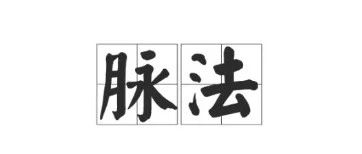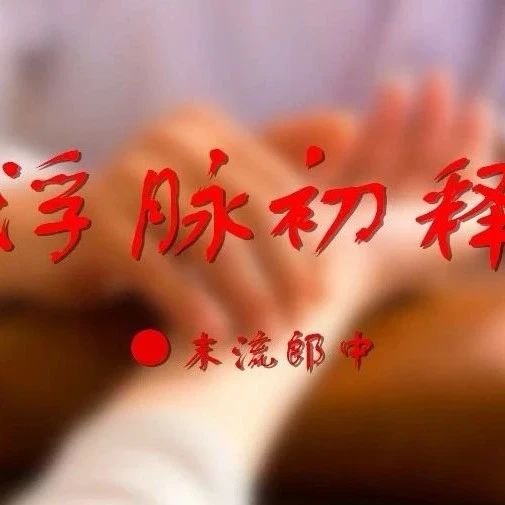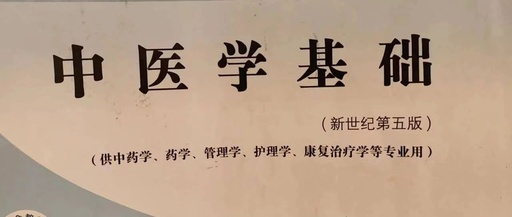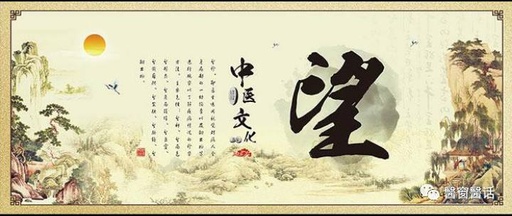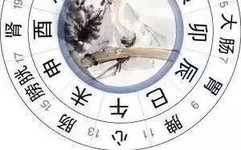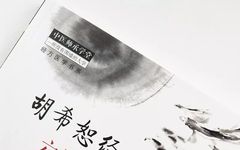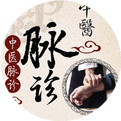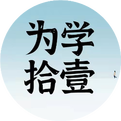Understanding Floating Pulse in Traditional Chinese Medicine
Click the blue text above to follow us! Written by: Xinglin Saodi Sheng Reflecting on past losses, mourning the untimely death, I diligently seek ancient teachings and gather various methods.■ The first lesson in Traditional Chinese Medicine (TCM) is pulse diagnosis, and the first pulse type is the floating pulse (fu mai). Ancient descriptions of … Read more

